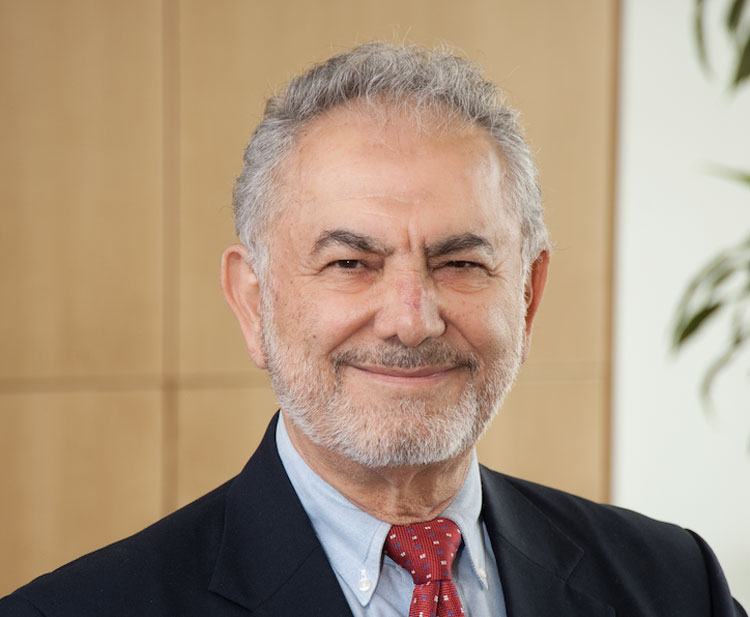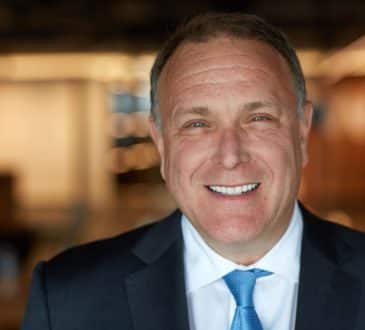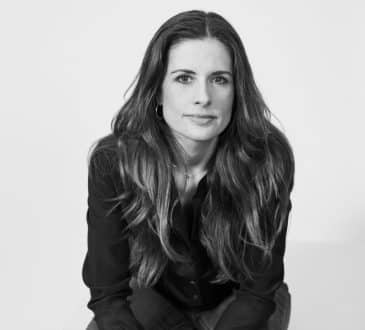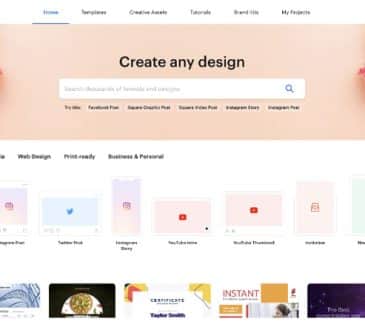How to Tame the Social Media Monster

With Facebook and other tech platforms provoking conflict, spreading disinformation, and addicting us to live online 24/7, it’s time to recognize that social media has become an out-of-control tech monster. If former President Trump didn’t have many millions of followers on digital media, would he have been able to convince more than 70 percent of Republicans to believe the 2020 election was stolen? To mount an insurrection?
Life online is becoming so stressful, isolating, and emotionally disturbing that the World Health Organization now considers Internet addiction a mental disorder. Statista reports that 70 percent of Internet users think fake news causes doubt and confusion, with social media the least trusted news source worldwide. And 83 percent believe disinformation negatively affects their country’s politics. Norman Lear, the famous TV producer, said: “We just may be the most-informed, yet least self-aware people in history.”
We must recognize that social media is now an unusually influential technology, and it’s changing the world. Billions of people are now able to vent their emotions and conspiracy theories using loudspeakers like Facebook and Twitter to shape public opinion, for better or worse. Politicians around the globe struggle to infiltrate the information systems of their adversaries, and they casually dismiss criticism as fake news. One analyst framed the problem this way: “In the past, wars were conducted with weapons. Now it’s through social media.”
During the past two decades, the Knowledge Age was supposed to bring greater understanding, connectedness, and even enlightenment. Yet people seem badly misinformed, emotional, and unreasonable. Despite the great evidence readily available, many don’t believe in evolution, climate change, vaccination, and other established science. What happened?
This dilemma poses one of the great ironies of our time. The digital revolution has created a wealth of knowledge that is almost infinite. The smartphone alone has made the world’s store of information available at the touch of a finger. There is no shortage of knowledge, but the power of facts is badly limited. Knowledge cannot tell us what’s right morally and what’s wrong. Rational logic doesn’t explain why people are altruistic or selfish, enlightened, or ignorant. Knowledge can never replace love, wisdom, or a guiding vision.
My study of social evolution shows that the Knowledge Age is passing as smartphones, social media, and artificial intelligence automate knowledge. Knowledge is still crucial, but the digital revolution is driving the world beyond knowledge and into a new frontier governed by emotions, values, beliefs, and higher-order thought. The world is entering an Age of Consciousness, although it’s dominated by post-factual nonsense, climate deniers, political gridlock and other threats that pose an existential crisis. Henry Kissinger recently wrote in Time: “… what fascinates me is that we are moving into a new period of human consciousness which we don’t yet fully understand.”
How can we prevent mass delusion and distorted public policies? The Aspen Institute’s recent investigation show that government should regulate these platforms, and that transparency, education, culture, and leadership are likely to be especially useful.
Regulation could take many forms. We could simply require tech companies to provide data about false information. Platforms can govern content using an independent board of media experts, social scientists, and ordinary citizens. Fact-checking services should track the accuracy of various platforms, and AI could flag factual distortions and other disinformation. Additionally, disinformation should be penalized through fines, dropping service, or some other cost to discourage flagrant falsehoods and violence.
European countries are already moving ahead in their regulation of social media. Austria enacted a law against hate and crime on social networks, and Germany passed laws intended to make content transparent and shift responsibility to the social networks. A unified European Law could soon cover the entire EU.
Above all, studies show that popular culture and educational systems are paramount in fostering an ethic of seeking truth and discouraging disinformation. Ideally, schools would educate students on the need to sort out lies from accurate facts, how to test the validity of statements, and ways to check sources.
Gutenberg’s invention of the printing press unleashed a flood of information that led to decades of war and the Protestant Reformation. Today, the digital revolution threatens modern societies with disinformation, autocracy, and gridlock. Taming the social media monster is a huge challenge, but the alternative is more of the same madness.
Written by William E. Halal.
Have you read?
# Best CEOs In the World Of 2022.
# TOP Citizenship by Investment Programs, 2022.
# Top Residence by Investment Programs, 2022.
# Global Passport Ranking, 2022.
# The World’s Richest People (Top 100 Billionaires, 2022).
Add CEOWORLD magazine to your Google News feed.
Follow CEOWORLD magazine headlines on: Google News, LinkedIn, Twitter, and Facebook.
This report/news/ranking/statistics has been prepared only for general guidance on matters of interest and does not constitute professional advice. You should not act upon the information contained in this publication without obtaining specific professional advice. No representation or warranty (express or implied) is given as to the accuracy or completeness of the information contained in this publication, and, to the extent permitted by law, CEOWORLD magazine does not accept or assume any liability, responsibility or duty of care for any consequences of you or anyone else acting, or refraining to act, in reliance on the information contained in this publication or for any decision based on it.
Copyright 2024 The CEOWORLD magazine. All rights reserved. This material (and any extract from it) must not be copied, redistributed or placed on any website, without CEOWORLD magazine' prior written consent. For media queries, please contact: info@ceoworld.biz
SUBSCRIBE NEWSLETTER








